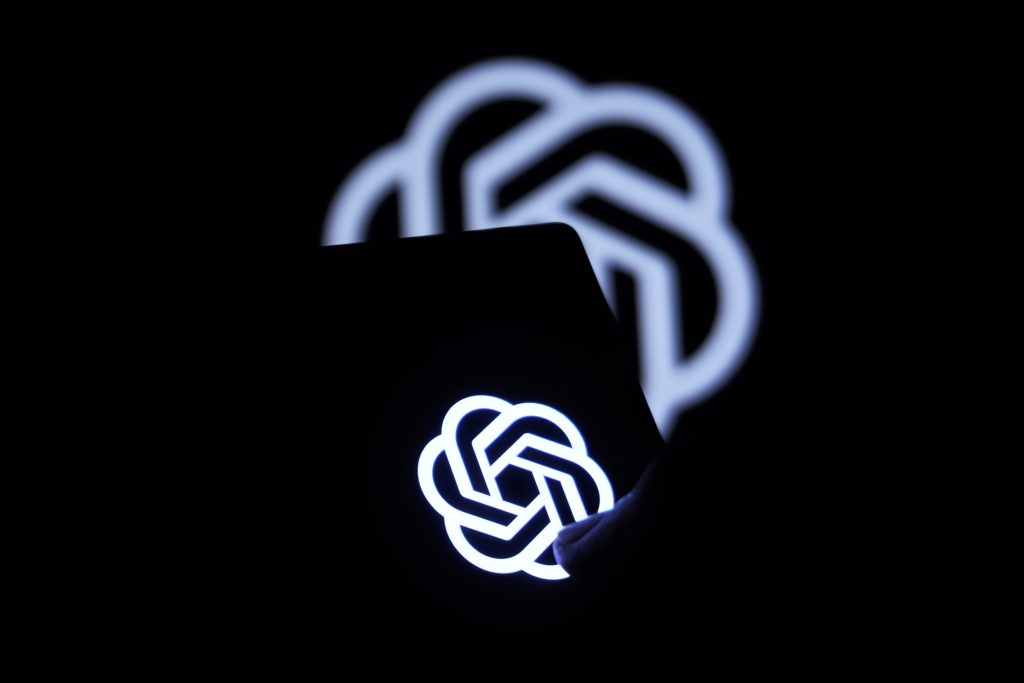OpenAI and Microsoft are at the center of a proposed class-action lawsuit filed on Tuesday. The lawsuit alleges that the companies unlawfully used the copyrighted works of nonfiction authors to train their artificial intelligence (AI) models, including OpenAI’s popular chatbot named ChatGPT. Led by Hollywood Reporter editor and author Julian Sancton, the authors claim that tens of thousands of nonfiction books were copied without permission, resulting in alleged copyright infringement.
The Lawsuit:

The proposed class-action lawsuit is one of several legal challenges brought forth by groups of copyright owners, including renowned authors like John Grisham, George R.R. Martin, and Jonathan Franzen, against OpenAI and other tech companies. This specific lawsuit is notable as it is the first author lawsuit against OpenAI that also involves naming Microsoft as a defendant. Microsoft has invested billions of dollars in OpenAI and has seamlessly integrated their systems into their products.
Alleged Copyright Infringement:
According to Sancton’s complaint, OpenAI utilized nonfiction books, including his own critically acclaimed work titled “Madhouse at the End of the Earth: The Belgica’s Journey into the Dark Antarctic Night,” to train their GPT large language models. The lawsuit suggests that Microsoft has been extensively involved in the training and development of these models, thereby making them liable for copyright infringement as well.
Denials and Pending Litigation:
While OpenAI and Microsoft have been named as defendants, both companies have denied the allegations. A spokesperson for OpenAI refrained from commenting on the lawsuit due to the ongoing litigation. Microsoft has yet to respond to requests for comment regarding this matter.
Author Seeking Compensation:
Sancton’s attorney, Justin Nelson, emphasized the financial implications of the alleged copyright infringement, stating, “While OpenAI and Microsoft refuse to pay nonfiction authors, their AI platform is worth a fortune. The basis of OpenAI is nothing less than the rampant theft of copyrighted works.” In light of these claims, Sancton has requested an unspecified amount of monetary damages and a court order to stop the alleged infringement.
The lawsuit against OpenAI and Microsoft highlights the ongoing tension between AI advancements and copyright protection. With the proliferation of AI technologies, the proper usage of copyrighted works has become a contentious issue. As the legal battle unravels, it remains to be seen how the court will address the allegations made by the nonfiction authors. This case underscores the importance of ethical and legal considerations when utilizing copyrighted materials within AI models and raises key questions about fair compensation for content creators.



